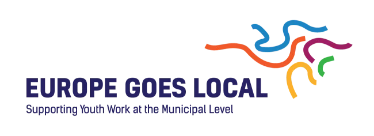All major European policy documents state that non-formal learning is an important and part of youth work. This is also made clear in the core principles of the charter. However, this focus on learning is not only motivated by policy interests. Research shows us that “learning new things” is one of the things that young people appreciate most about their taking part in youth work. At the same time, we know that this learning often is ‘invisible’ to young people themselves. Making young people aware of their learning and giving it recognition has thus positive effects, both for the individual young person, but also for youth work as a place for learning. It is therefore important that youth workers talk to young people about what they want to learn through their participation and how they want this learning to be supported.

